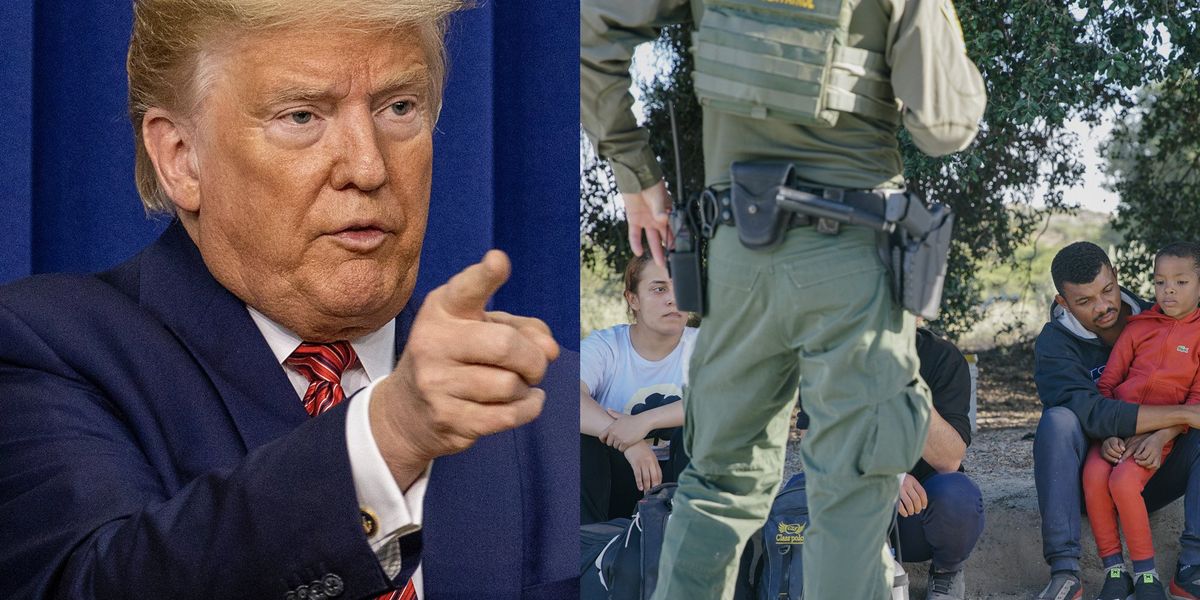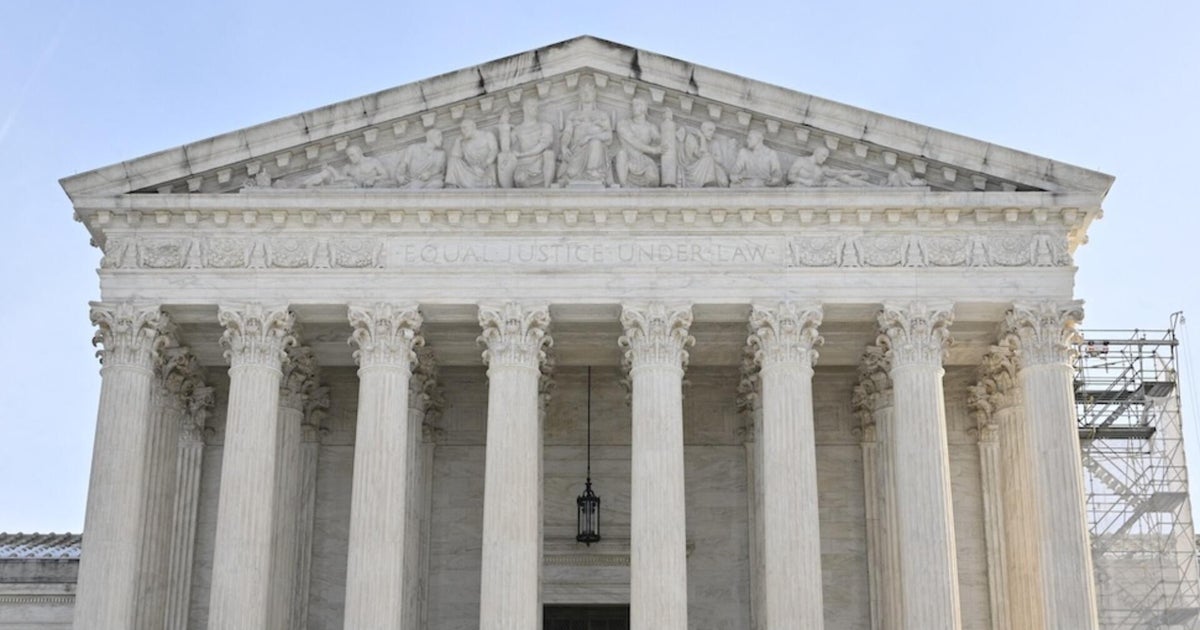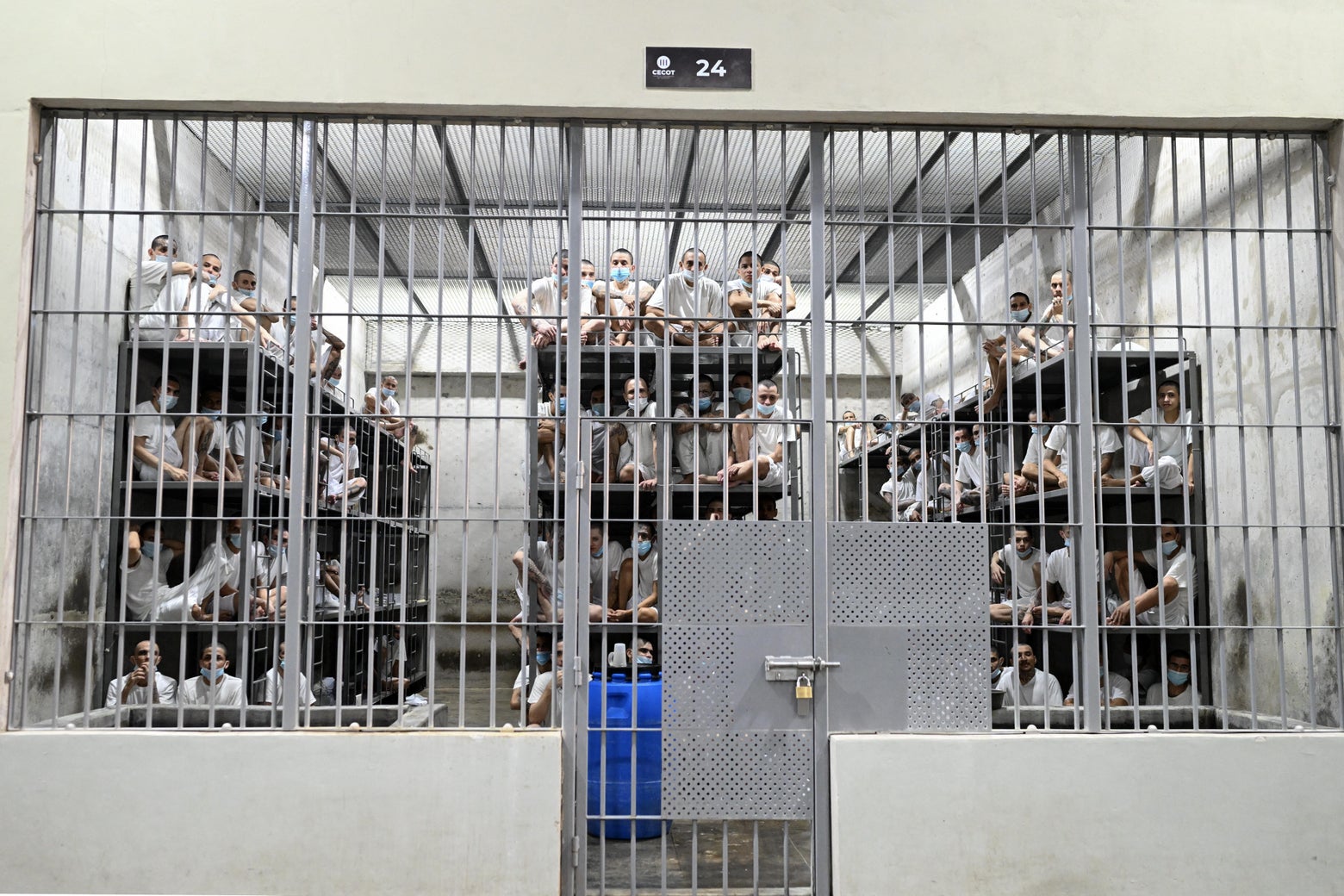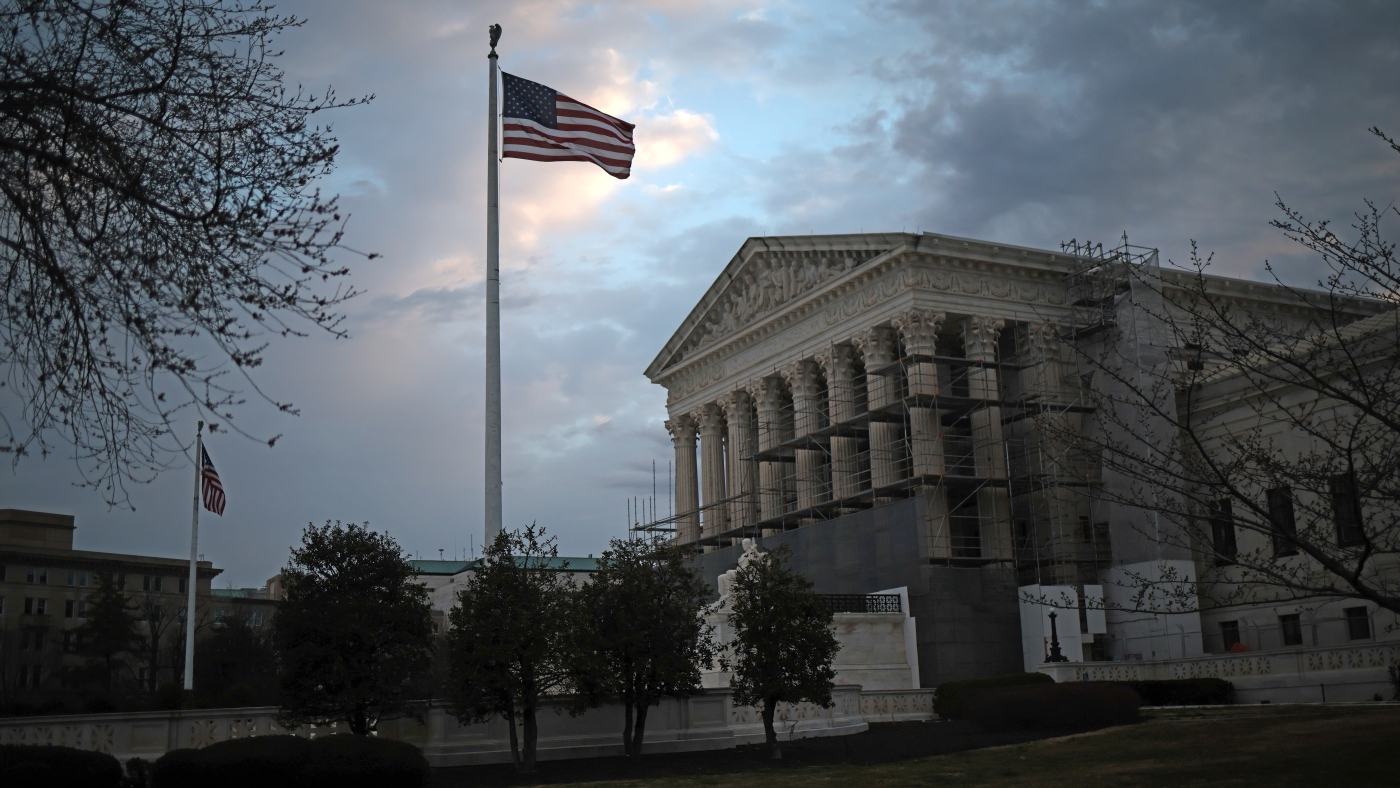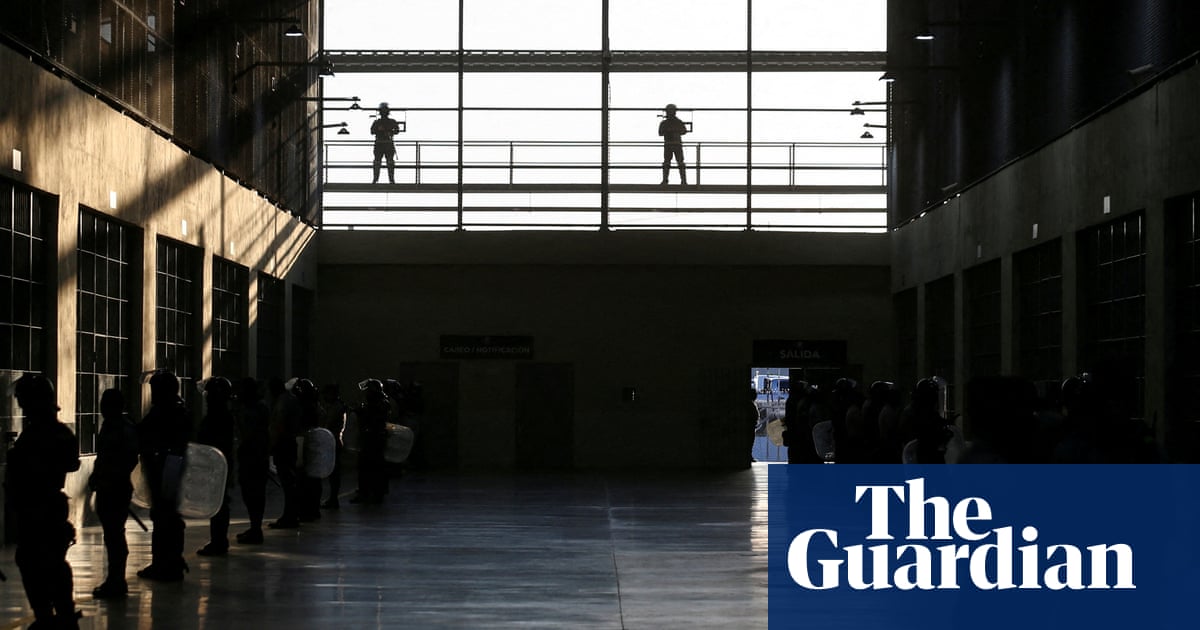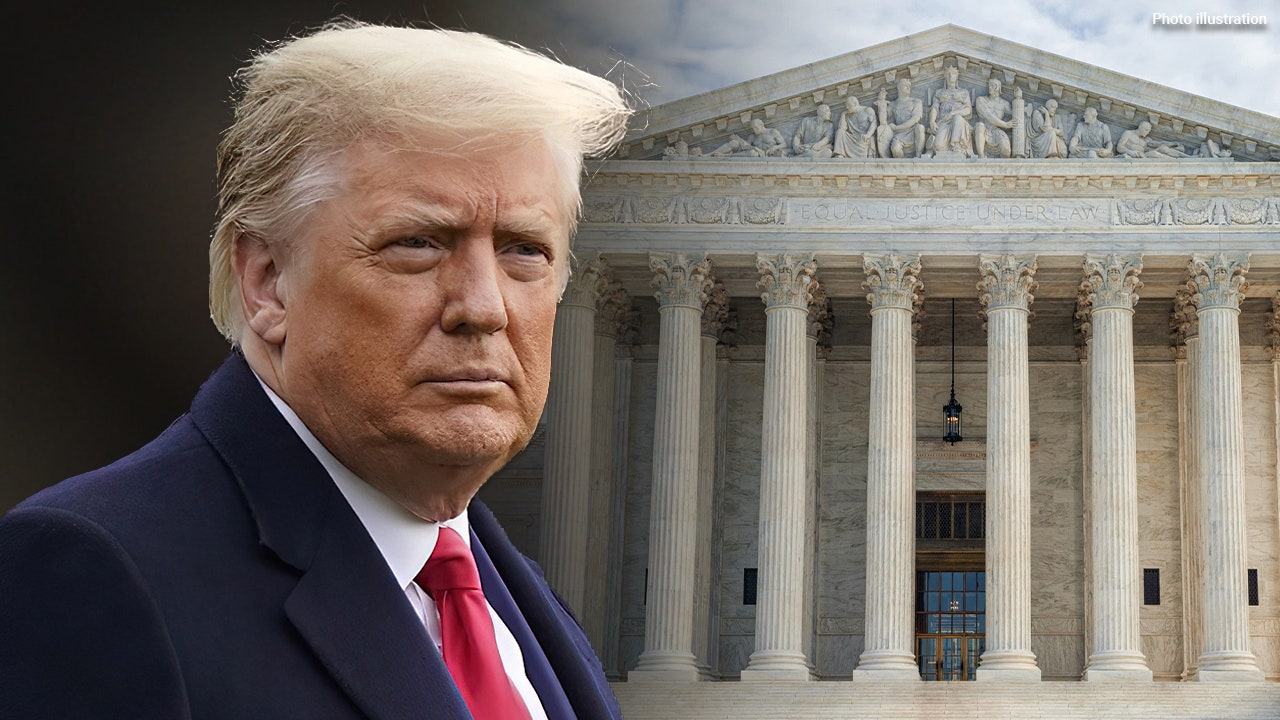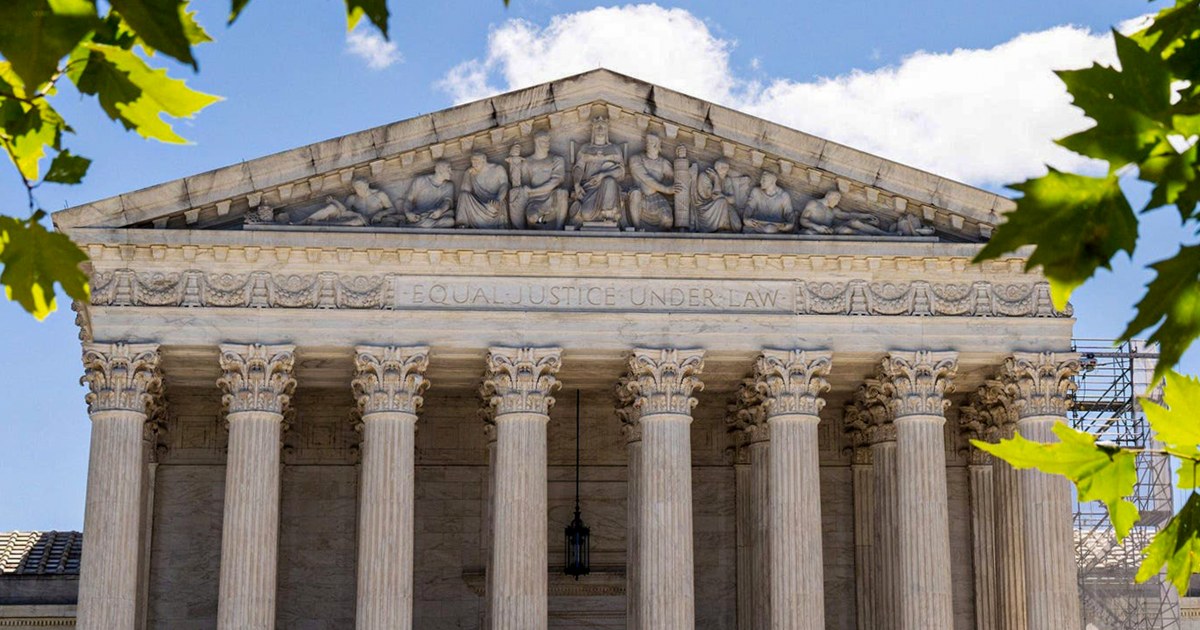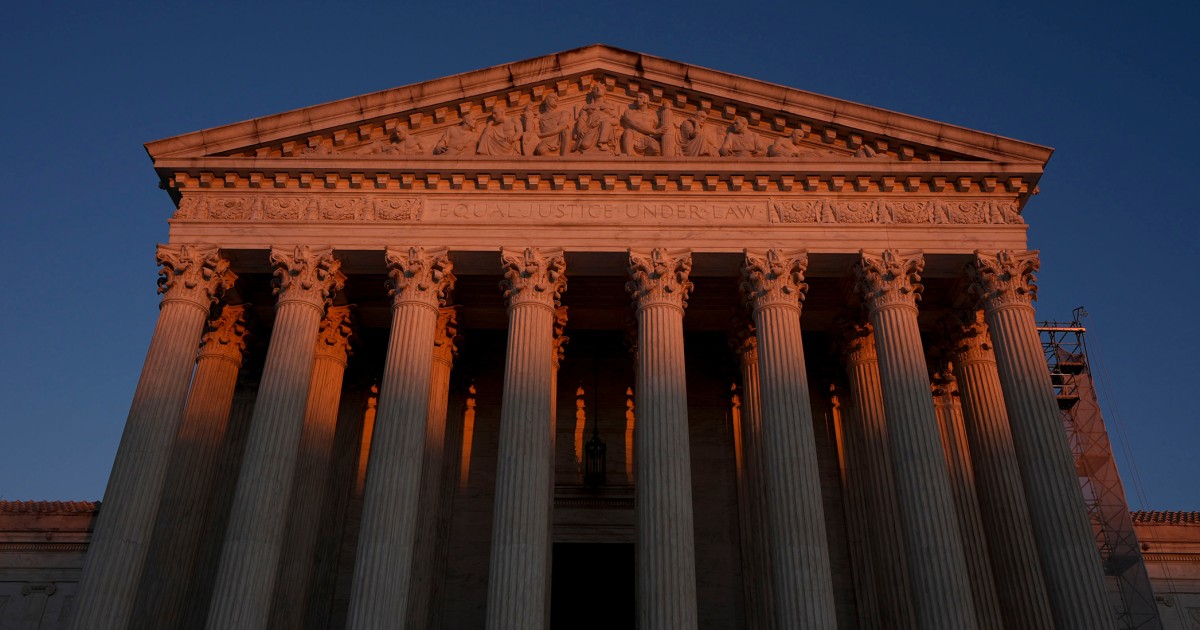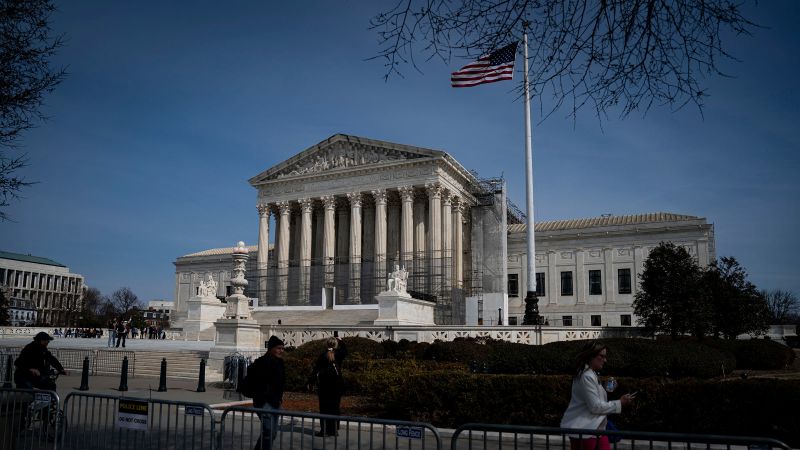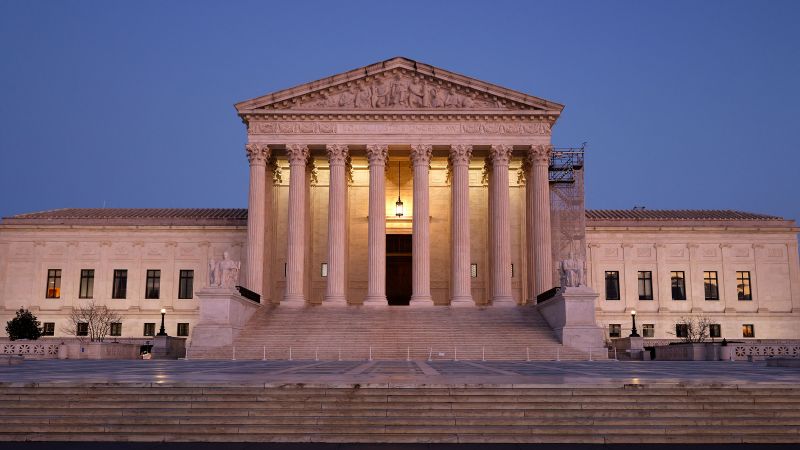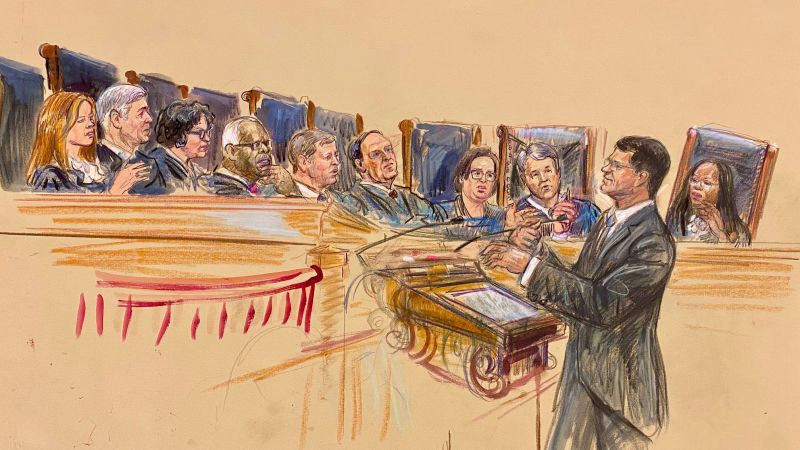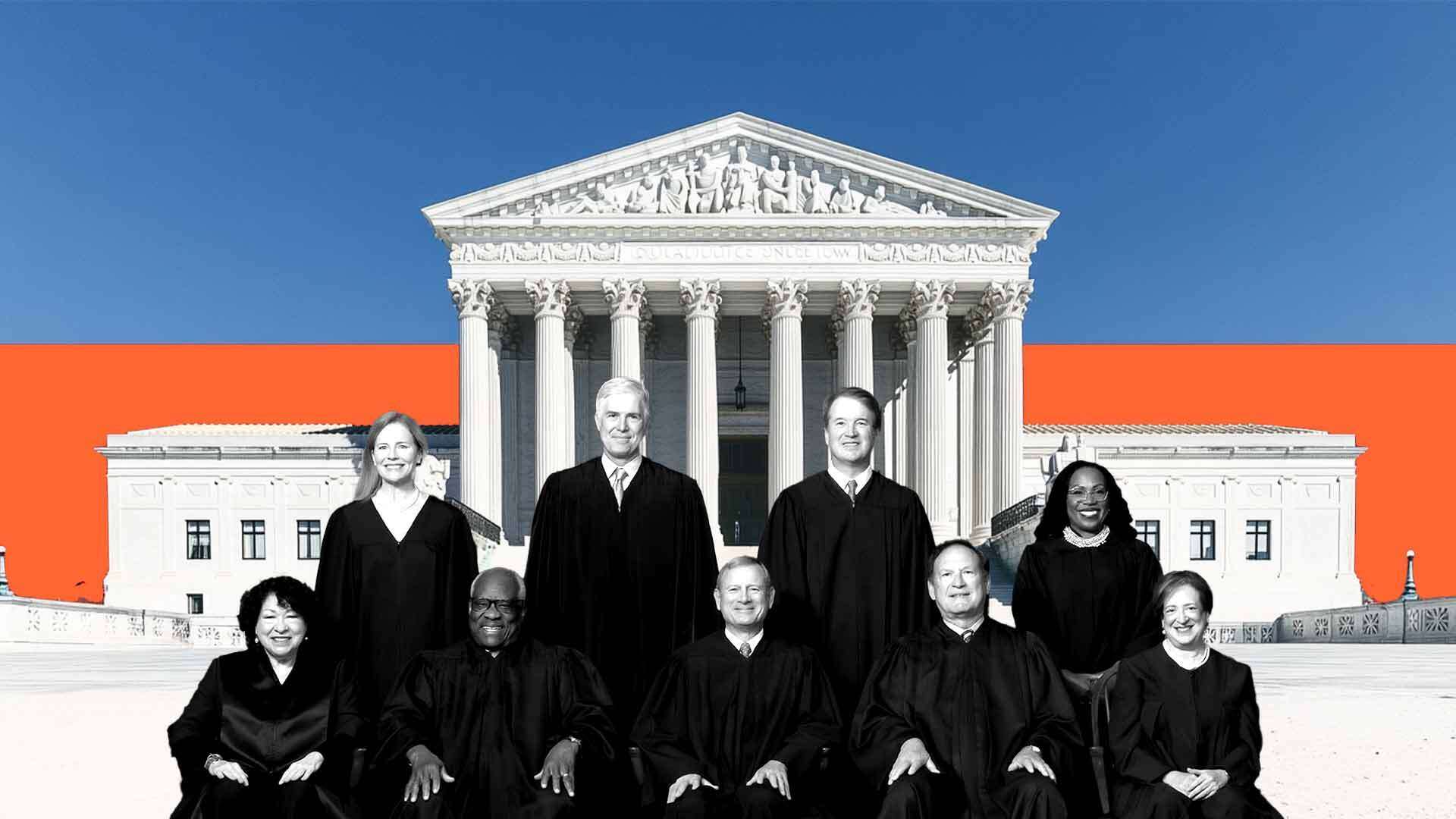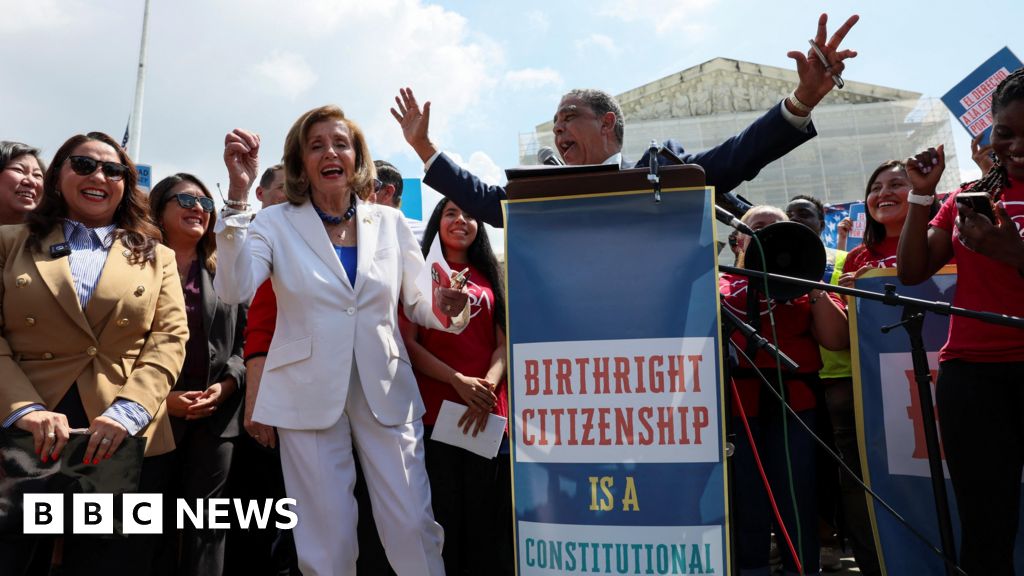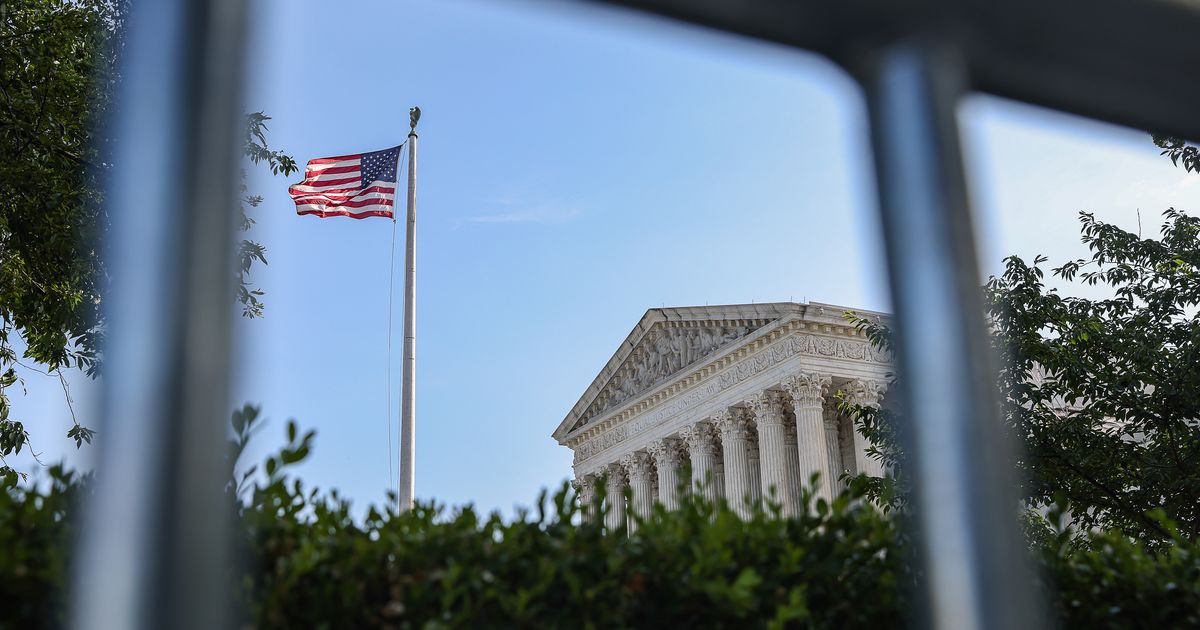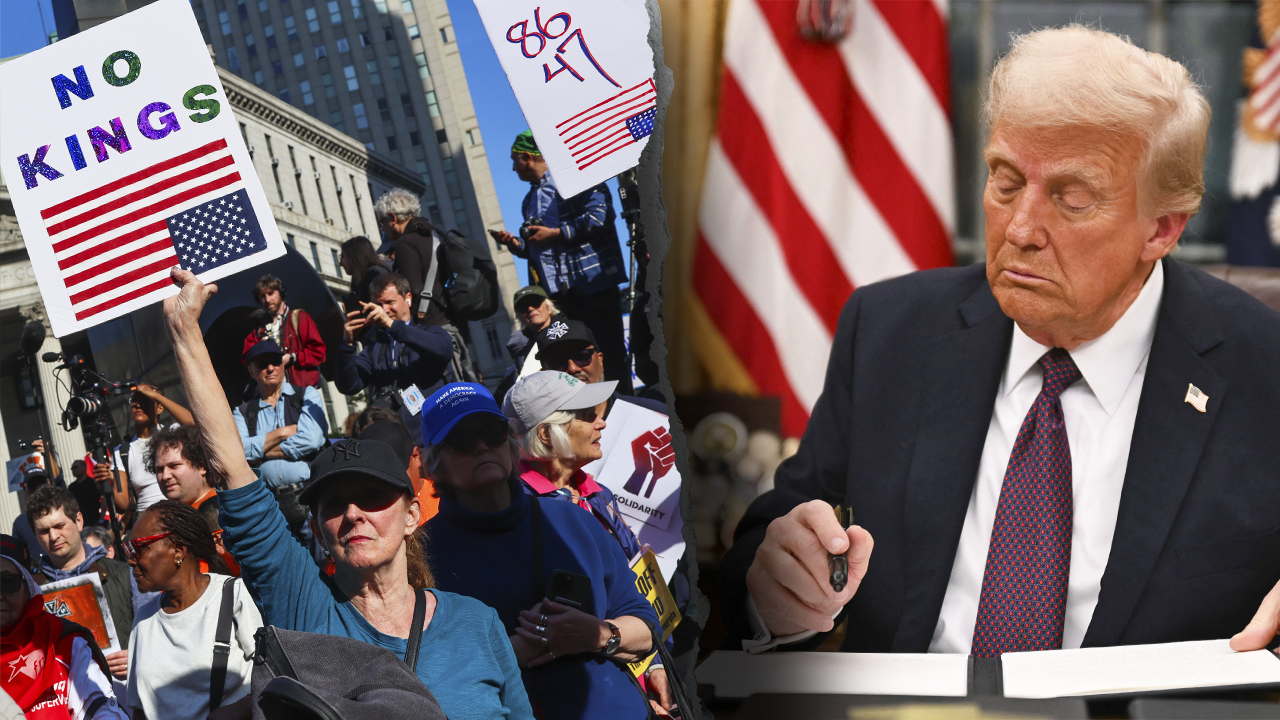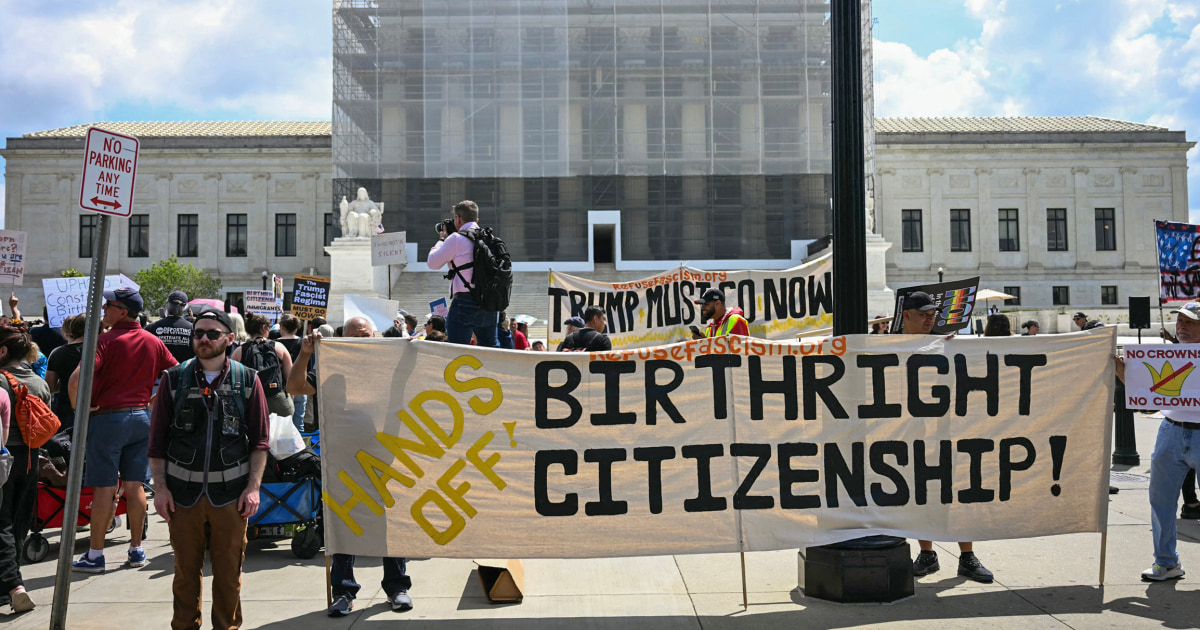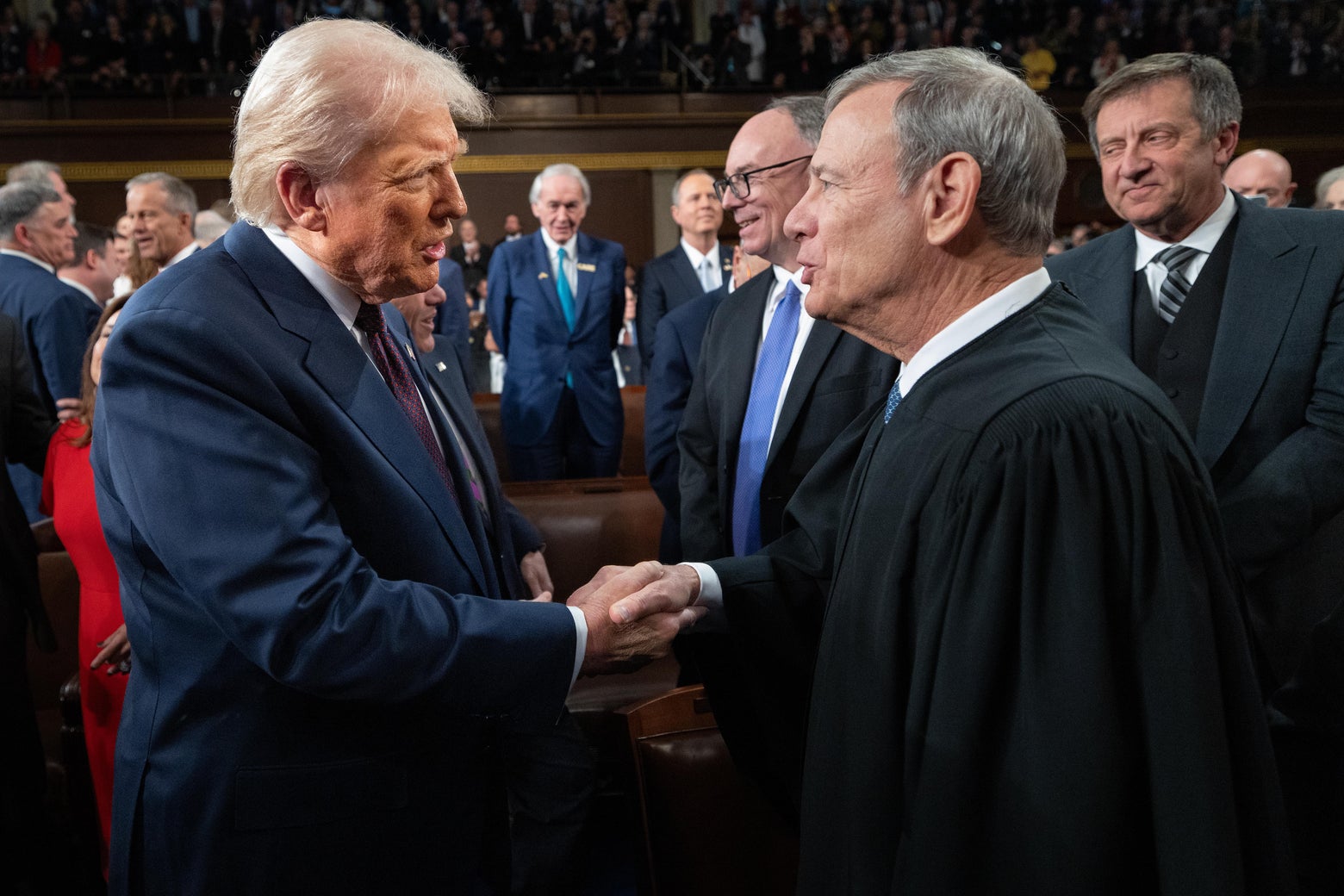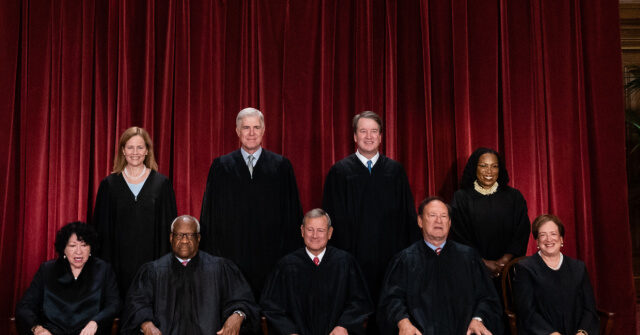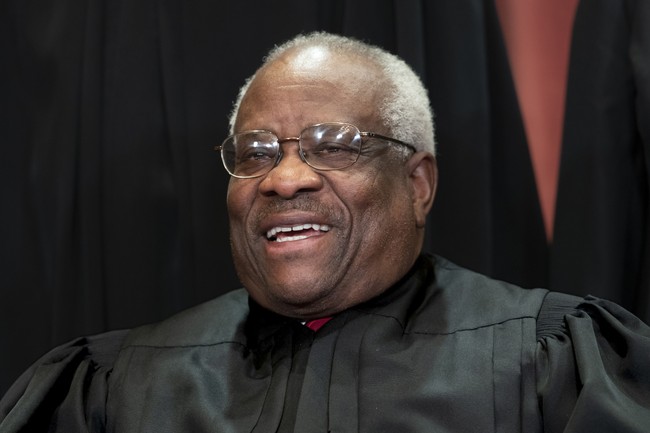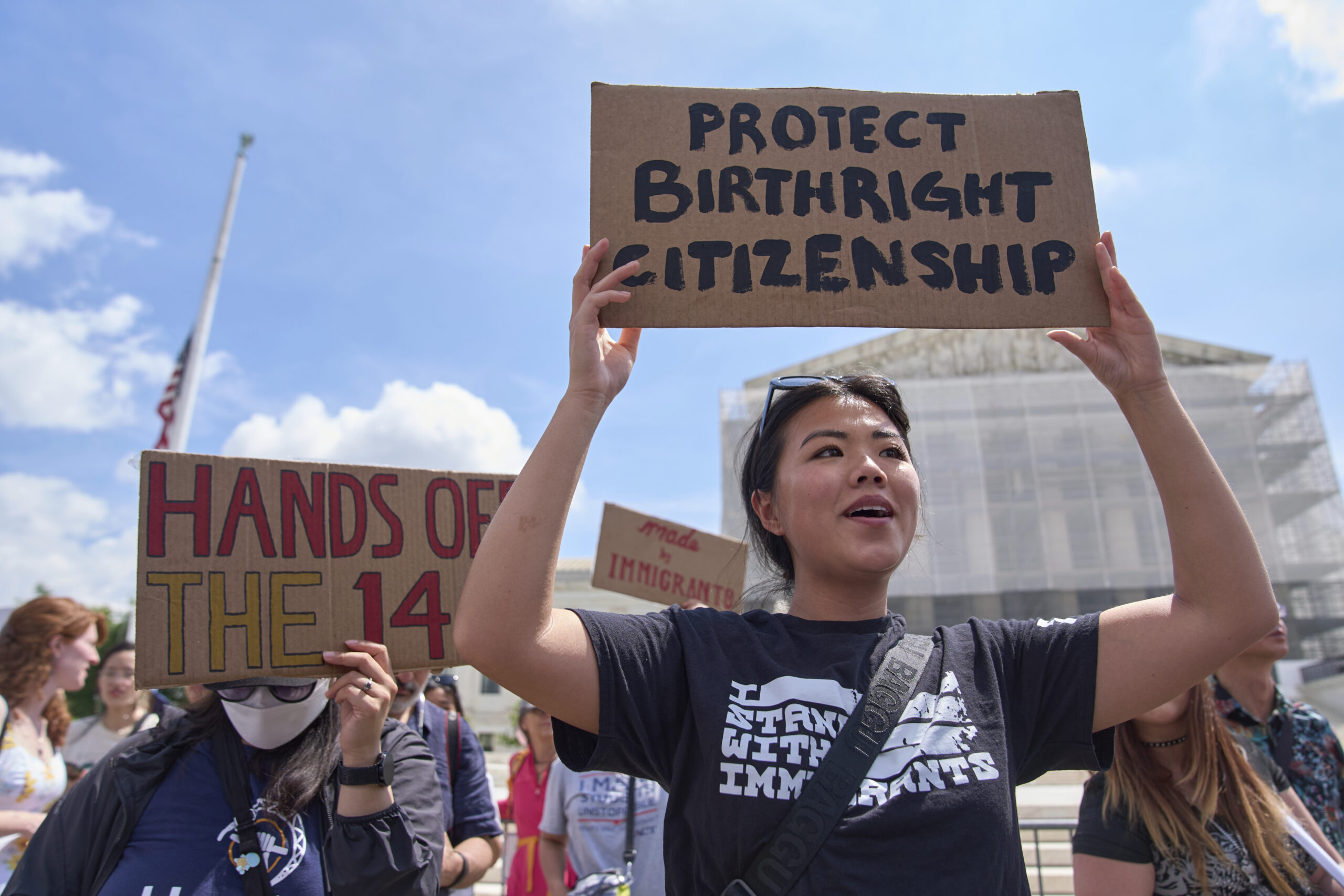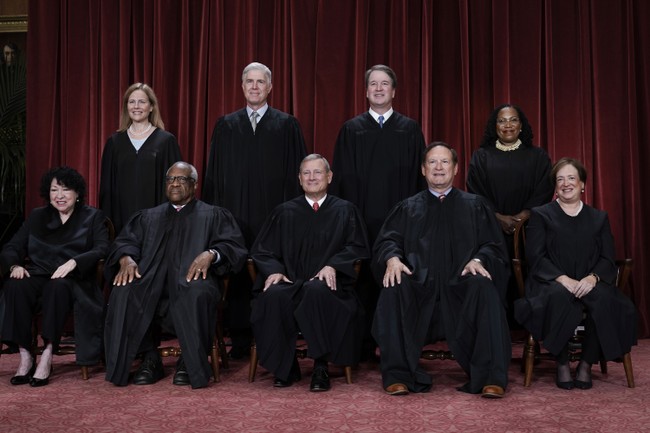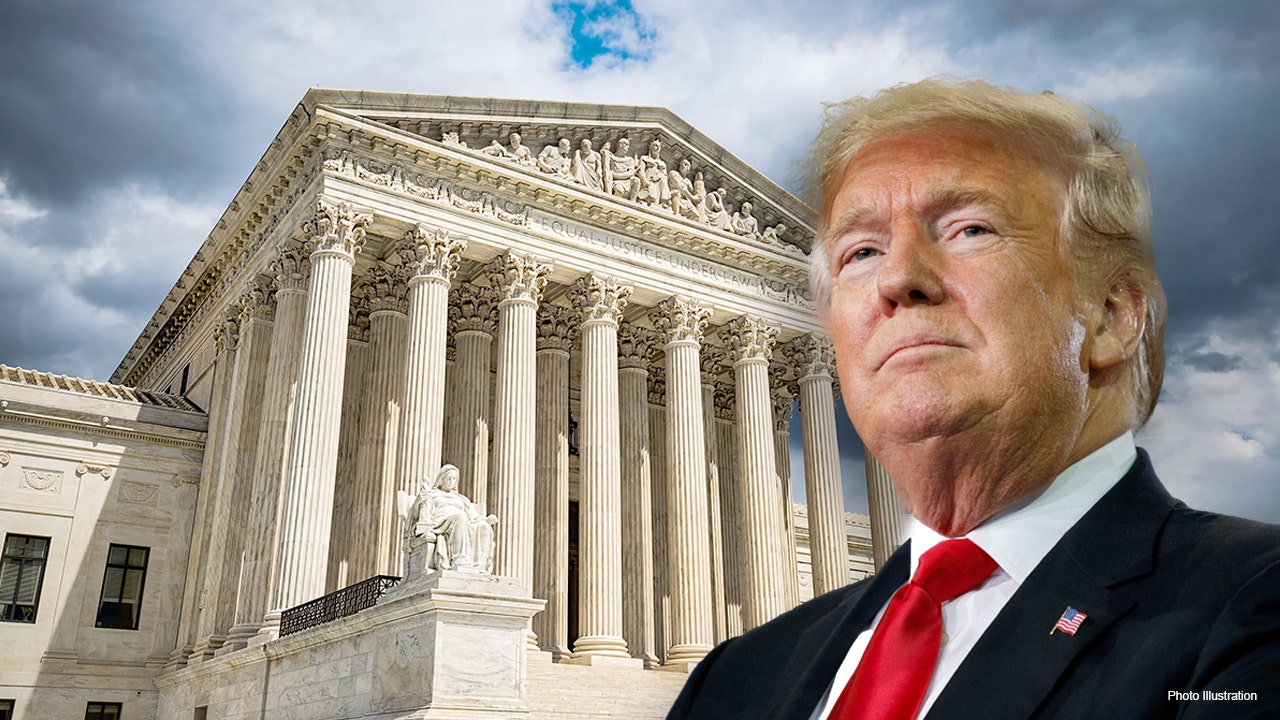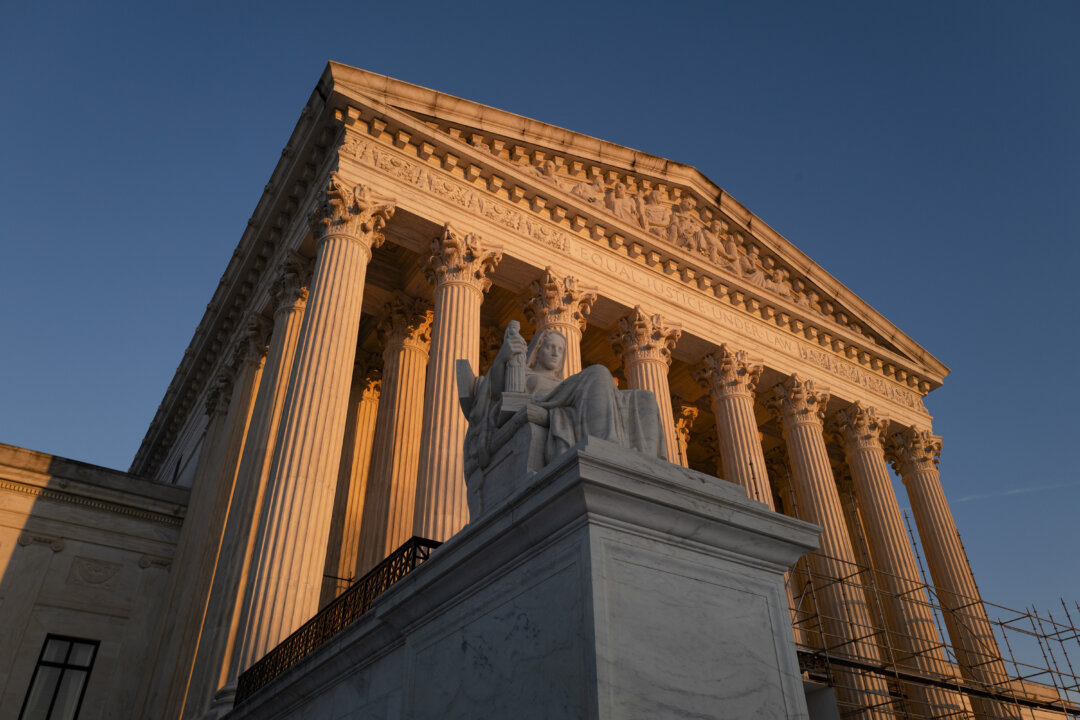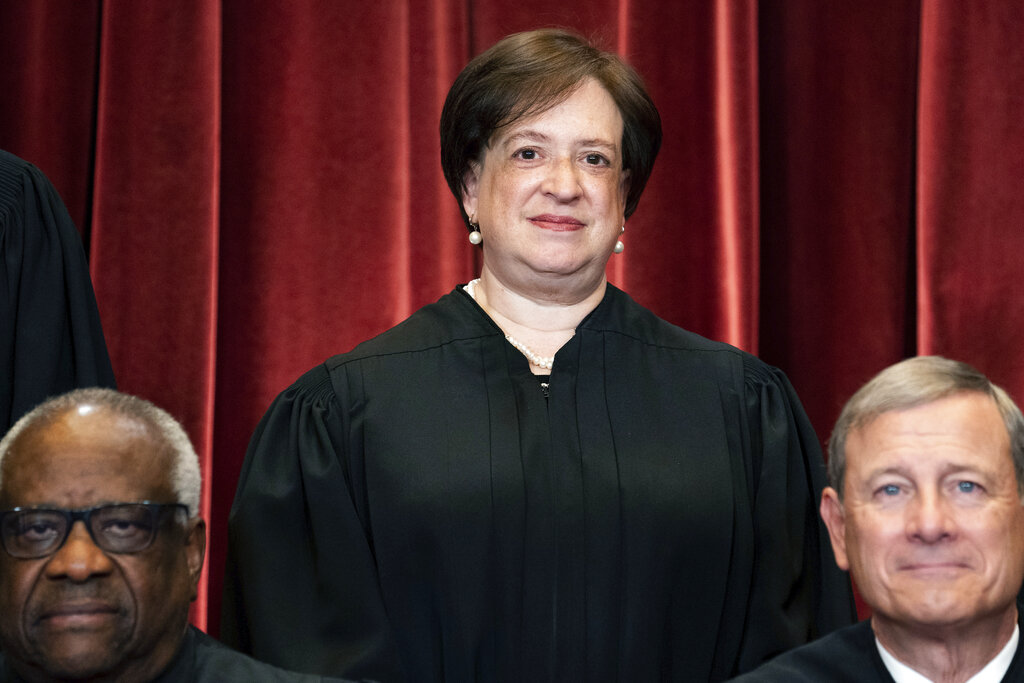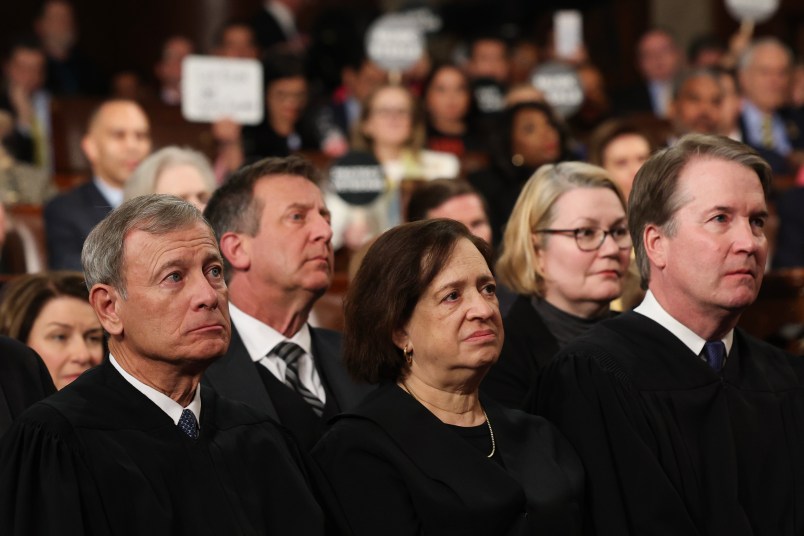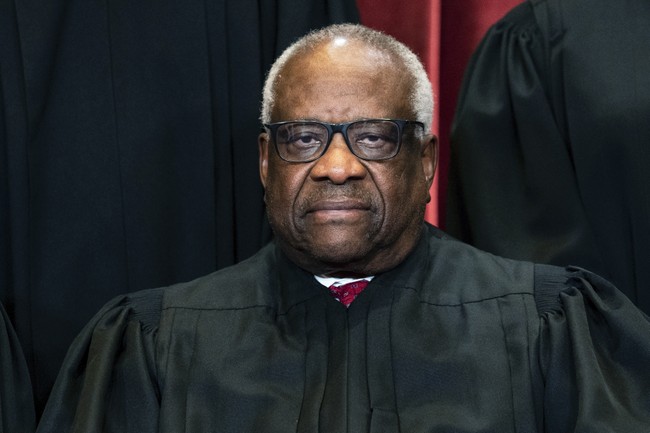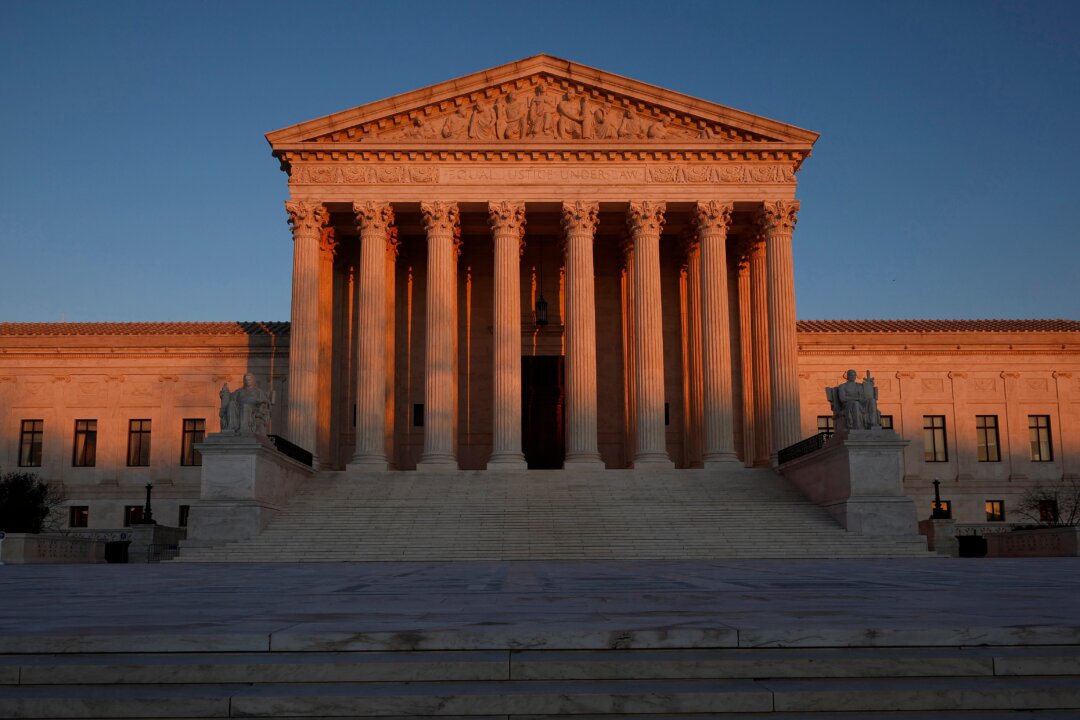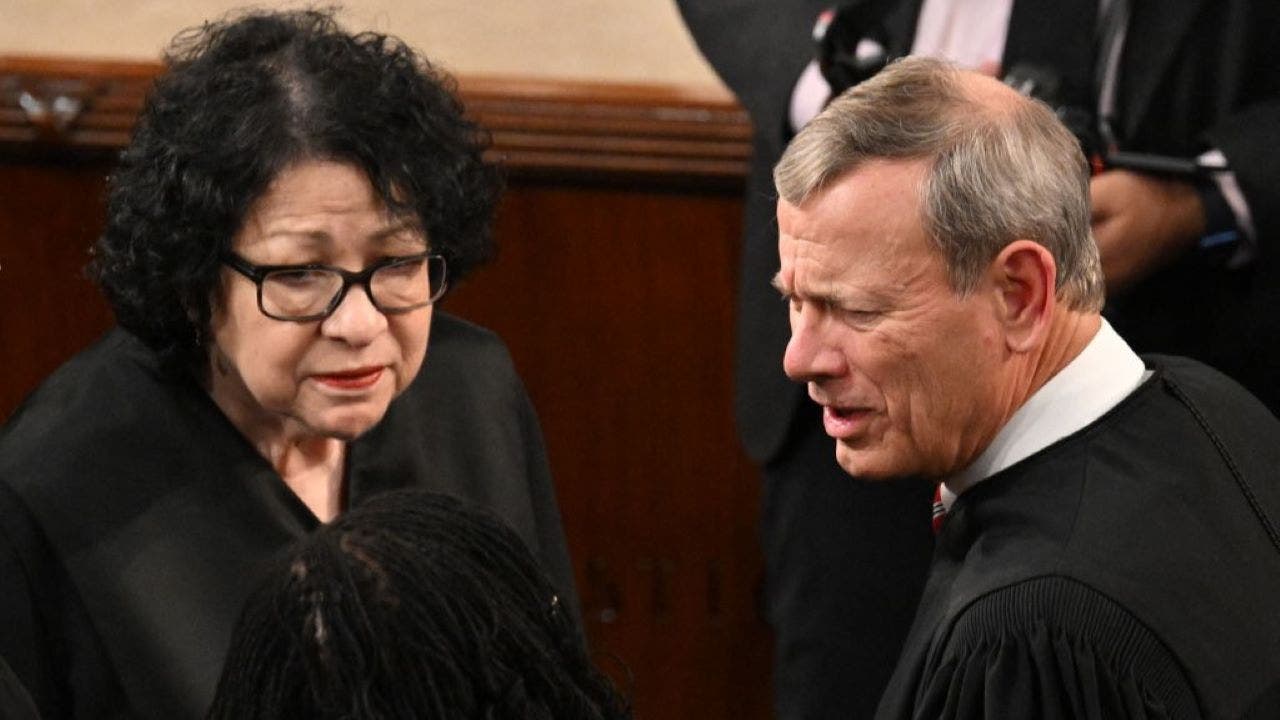Supreme Court Blocks Trump’s Deportation Bid of Venezuelans Under Alien Enemies Act
The Supreme Court has upheld a temporary block on Trump’s deportation plans for Venezuelans, requiring more time for legal challenges under an 18th-century law.
Subscribe to unlock this story
We really don't like cutting you off, but you've reached your monthly limit. At just $5/month, subscriptions are how we keep this project going. Start your free 7-day trial today!
Get StartedHave an account? Sign in
Overview
The Supreme Court has rejected President Trump's appeal to resume quick deportations of Venezuelans under the Alien Enemies Act, extending a temporary injunction on removals initiated last month. The 7-2 decision highlights concerns over insufficient time given to detainees to contest their deportations. Justices criticized the administration for notifying detainees only 24 hours prior to potential removals without adequate information. The case was remanded to the 5th U.S. Circuit Court to determine due process requirements. Trump, responding on Truth Social, condemned the ruling, asserting it protects criminals and undermines national security.
Report issue

Read both sides in 5 minutes each day
Analysis
- The Supreme Court extended an injunction preventing the Trump administration from using the Alien Enemies Act for expedited deportations, highlighting the need for due process for those facing removal.
- The justices remanded the case back to the 5th Circuit Court of Appeals for further clarification on what constitutes adequate notice for detainees, which they determined to be more than the 24 hours previously given.
- The ruling maintains a temporary suspension of deportations under the Alien Enemies Act, reinforcing the importance of individual legal rights while also acknowledging the government's national security concerns.
Articles (90)
Center (25)
FAQ
The Alien Enemies Act is an 18th-century law (1798) allowing the government to detain and deport non-citizens from countries with which the U.S. is at war or during times of national emergency. The Trump administration sought to use this act to quickly deport Venezuelan migrants, arguing they were a threat, but the Supreme Court has now temporarily blocked such actions, citing due process concerns.
The Supreme Court, in a 7-2 decision, found that the government did not provide detainees with enough time or information to contest their deportations. Justices emphasized the need for detainees to have a reasonable opportunity to challenge their removals in court, criticizing the administration for giving only 24 hours’ notice without adequate details.
The Supreme Court remanded the case to the 5th U.S. Circuit Court of Appeals to further examine what type of notice and time the government must provide migrants to challenge their deportations and to clarify due process requirements. No further deportations can proceed under the act until these legal questions are resolved.
Donald Trump, responding on Truth Social, condemned the ruling, stating it protects criminals and undermines national security. The administration had previously argued that the individuals targeted were foreign terrorists.
The main dissenters in the 7-2 decision were Justices Clarence Thomas and Samuel Alito. They disagreed with the majority’s decision to block the use of the Alien Enemies Act for deportations and allow further legal challenges.
History
- 6M

 4 articles
4 articles
- 6M

 4 articles
4 articles
- 6M

 6 articles
6 articles
